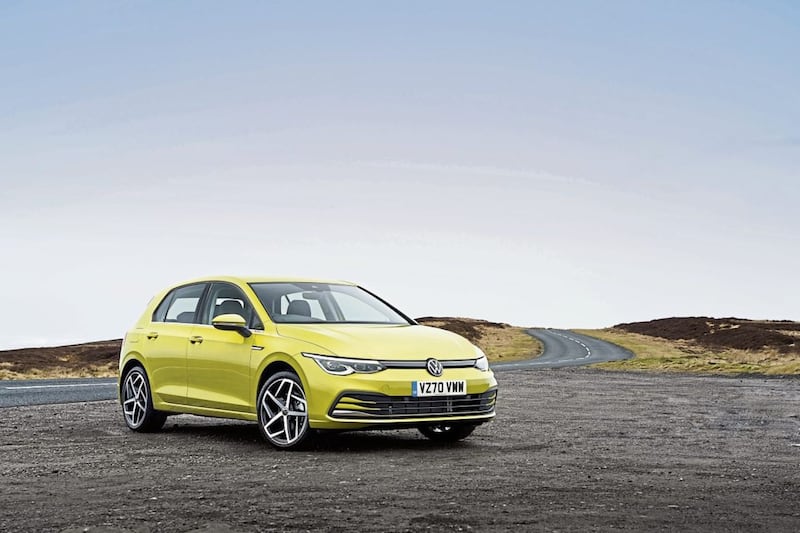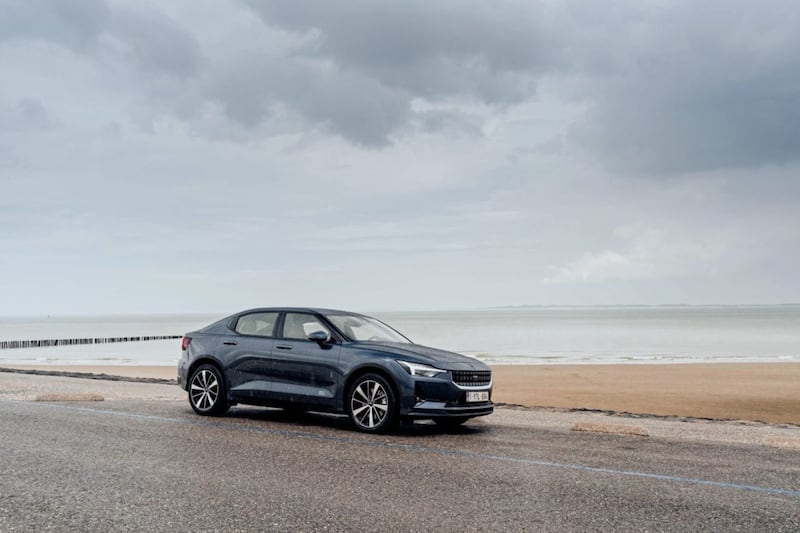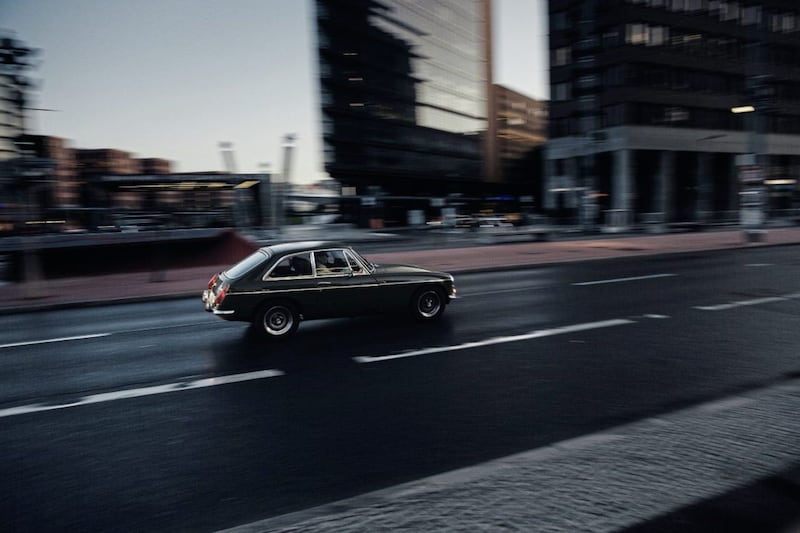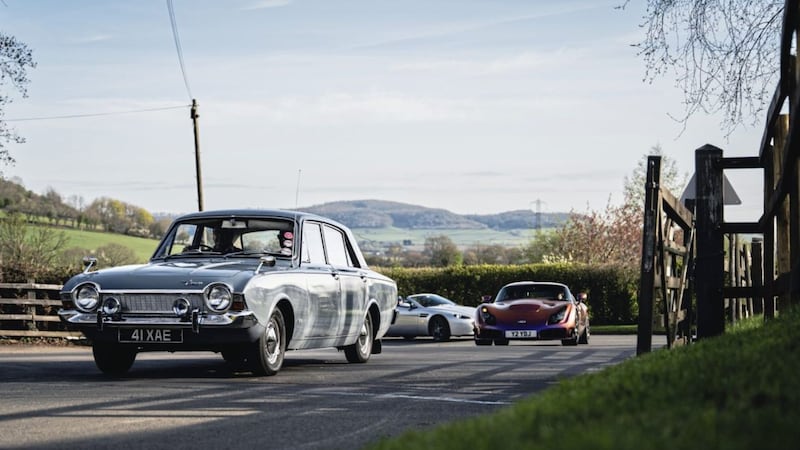IT'S official: not only are classic cars nicer to look at and more fun to drive compared to most modern vehicles, they are also much less damaging to the environment.
Classic and specialist insurance provider Footman James's latest Indicator Report – compiled from a survey of the classic car owners they cover, data from the recent Driving the Future survey and manufacturer-supplied figures – shows that the average classic car generates just 563kg of Co2 per year when travelling a national UK yearly average of 1,200 miles.
By comparison, a typical modern car such as a Volkswagen Golf emits up to 6.8 tonnes of Co2 before it even departs the factory.

Obviously, the fact that most classic cars are only actually driven on a limited basis during the spring and summer means they are always going to produce less emissions than a modern 'daily driver'.
However, the Indicator Report also reveals that while a new car might be more efficient and use less fuel than a typical classic if used on a daily basis, the environmental cost of manufacturing it immediately negates this advantage.
Additionally, the study shows that battery-electric vehicles have even more of an impact in terms of average carbon emissions footprint than a classic or modern internal combustion engine car.
The fully electric Polestar 2, for example, is said to create 26 tonnes of Co2 during its production process alone – an emissions figure that would take a typical classic car 46 years to match, by which point the EV's lithium-ion battery would have long since lost its ability to hold a charge.

This means that, despite the enticing prospect of zero-tailpipe emissions from an electric vehicle, classic cars are actually far less impactful on the environment long-term due to their infrequent use.
Further data in the report also helps to indicate how classic car owners and enthusiasts feel about their carbon footprint and the effect of driving on the environment in general: a poll shows that two-thirds (66 per cent) of respondents are already environmentally conscious and concerned about the effects of climate change.
In addition, over half (52 per cent) said they would consider signing up for a vetted scheme to reduce their classic's impact on the environment through carbon emissions offsetting.
"The Indicator Report is extremely useful in determining how much of an impact our beloved classics have on the environment," explains managing director of Footman James, David Bond.
"It's easy for one to assume that classic cars are more damaging simply because of their older and less efficient engines, however, the data in this report disproves that theory.
"It's really about how these vehicles are maintained and used; it is clear that while new modern and electric cars might seem better for the planet day-to-day, the problem is how much of an impact their production causes."
Indeed, with hybrid working now the norm across many sectors and fuel costs soaring, perhaps hybrid motoring is not quite the viable solution to pollution it once seemed. Instead, maybe now's the time to consider a nice classic car as a money-saving, planet-friendly means of occasional transportation when in the market for a 'new' motor.
You might be doing many miles less per year than before, but why not maximise your smiles-per-miles when you do have to drive?
:: Download the full report via footmanjames.co.uk/the-indicator-report









